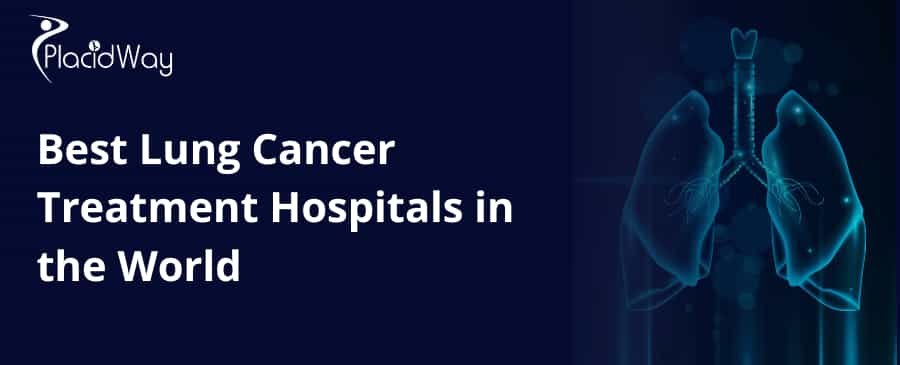
A lung cancer diagnosis is a life-altering event that requires a robust, well-planned treatment strategy. The cornerstones of modern oncology—surgery, radiation, chemotherapy, targeted therapy, and immunotherapy—are continually being refined at leading cancer hospitals worldwide. Alongside these evidence-based treatments, a new landscape of innovative and experimental therapies, including advanced gene therapy, specialized immunotherapy protocols, and regenerative medicine, is emerging in global destinations like Mexico, Turkey, China, and India.
This guide will walk you through the established standards of care for lung cancer and introduce a diverse range of global centers. It is designed to help you understand the full spectrum of options, empowering you to have informed conversations with your oncology team.
Key Takeaways
- The standard of care for lung cancer is a multidisciplinary approach that may include surgery, radiation, chemotherapy, targeted therapy, and FDA-approved immunotherapy (checkpoint inhibitors).
- Turkey and the United States are home to large, modern, multi-specialty hospitals offering comprehensive, standard-of-care oncology services.
- Mexico, China, and India have become hubs for innovative and experimental therapies, including alternative immunotherapy protocols, advanced gene therapy (like CAR-T), and stem cell therapy, which are often explored alongside or after conventional treatments.
- Costs vary dramatically. Standard treatments like lung cancer surgery (lobectomy) can cost up to $75,000 in the US, while the same procedure at a top Turkish hospital may be $18,000 - $25,000. Alternative therapy packages abroad often range from $20,000 - $40,000.
Best Lung Cancer Treatment Hospitals in the World
The following list includes a diverse mix of facilities. Some are comprehensive hospitals offering standard-of-care oncology, while others are specialized clinics focusing on innovative, complementary, or experimental approaches. It is essential to understand the focus of each center.
1. Bayindir Healthcare Group

Location: Istanbul & Ankara, Turkey
A major player in the Turkish private hospital system since 1992, Bayindir Healthcare Group offers comprehensive oncology services in its modern, JCI-accredited facilities. Their cancer centers are staffed by multidisciplinary teams of surgeons, medical oncologists, and radiation oncologists who create personalized treatment plans based on international guidelines. They provide the full spectrum of standard care, from complex thoracic surgery for lung cancer to advanced chemotherapy and FDA-approved immunotherapy regimens.
2. Liv Bona Dea Hospital in Baku, Azerbaijan
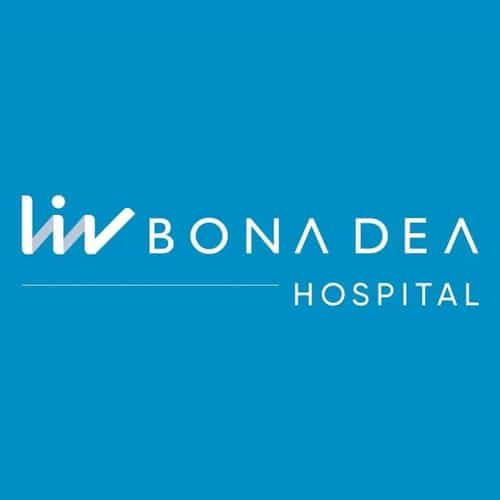
Location: Baku, Azerbaijan
Part of the renowned Liv Hospital Group, Liv Bona Dea brings world-class, multi-specialty care to the region. Their oncology department is equipped with state-of-the-art diagnostic and treatment technology, allowing them to provide advanced cancer care, including complex surgeries, targeted therapies, and more. They are a major center for international patients seeking high-quality, comprehensive medical services that adhere to global standards of care.
3. Private Koru Ankara Hospital

Location: Ankara, Turkey
Koru Hospital is a leading medical institution in Turkey's capital, known for its commitment to advanced technology, particularly in robotic surgery. This dedication to precision and innovation extends to their oncology departments, where they provide exceptional care for lung cancer patients. Their comprehensive approach ensures access to top surgeons, medical oncologists, and cutting-edge diagnostic tools for accurate staging and treatment planning.
4. Vault Cares Network

Location: Dallas, Cleveland, Denver, Chicago, and other major cities, United States
Vault Cares Network is not a single hospital but a curated group of top-tier healthcare providers and facilities across the United States. For a complex diagnosis like lung cancer, it offers patients a streamlined pathway to access some of the nation's leading oncologists and cancer centers for primary treatment or a crucial second opinion. This model is ideal for patients navigating the complex US healthcare system to find the highest level of specialized care and clinical trials.
5. Alternative Cancer Treatment by ITC - Immunity Therapy Center
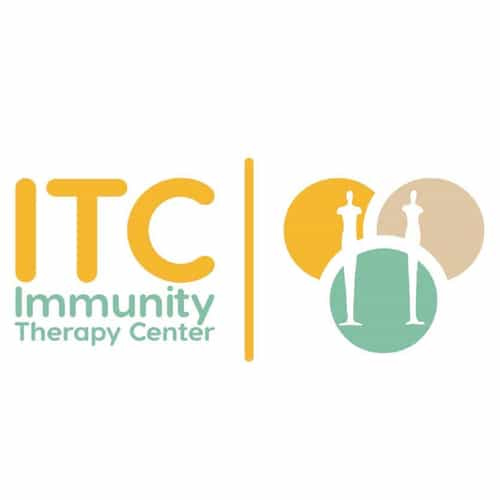
Location: Tijuana, Mexico
ITC is a well-known center specializing in alternative and complementary cancer treatments in Mexico. Their philosophy is to attack cancer while strengthening the body's immune system and overall health. Their programs utilize a combination of non-conventional immunotherapies, targeted therapies, and nutrition plans. Patients often seek their care to explore options beyond standard chemotherapy or to find supportive therapies that can be integrated with conventional treatment.
6. Beijing Bioocus Medical Group

Location: Beijing, China
This center is at the forefront of cellular and gene therapy. They specialize in cutting-edge treatments like CAR-T therapy, an advanced form of immunotherapy where a patient's own immune cells are engineered to fight cancer. While CAR-T has seen major success in blood cancers, its application for solid tumors like lung cancer is still a highly advanced and often experimental field, making this a center for pioneering, next-generation research and treatment.
7. Cuba and Health
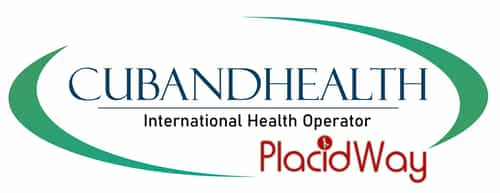
Location: Havana, Cuba
This organization facilitates access to Cuba's unique healthcare system, which has developed its own innovative cancer treatments. For lung cancer, this notably includes the CimaVax-EGF vaccine, a therapeutic vaccine designed for non-small cell lung cancer. It works by targeting a protein that cancer cells need to grow. It is not a preventative vaccine but a form of immunotherapy used to help control advanced disease.
8. Dr. Pravin Patel's Innovative Hospital & Research Center
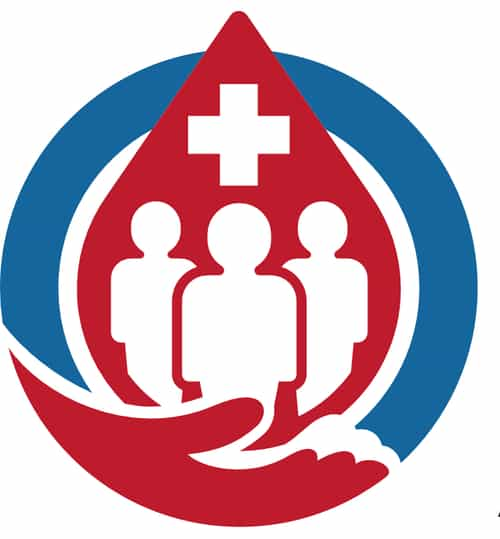
Location: Vadodara, India
This hospital specializes in a unique blend of therapies, including ozone therapy, quantum therapy, and stem cell therapy. For cancer patients, these treatments are positioned as supportive and regenerative, aiming to improve the body's healing capabilities, reduce the side effects of conventional treatments like chemotherapy, and enhance overall well-being. This approach focuses on holistic health restoration.
9. Limphocare by Limphocite - Immunotherapy for Cancer in Mexico
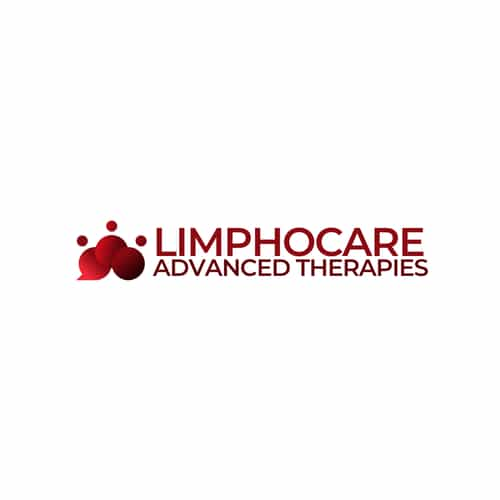
Location: Tijuana, Mexico
Similar to other centers in Tijuana, Limphocare focuses on immunotherapy for cancer and autoimmune conditions. Their approach is holistic, aiming to provide effective care with potentially fewer side effects than traditional treatments. They utilize various methods to activate and enhance the patient's own immune system to recognize and fight cancer cells, offering an alternative path for those seeking less aggressive treatment options.
Cost of Lung Cancer Treatment: A Global View
The cost of cancer care can be overwhelming. International options can provide access to high-quality standard treatments or innovative therapies at a significantly lower price point.
| Procedure / Treatment | Approximate Cost in the USA | Approximate Cost in Turkey / Mexico |
|---|---|---|
| Lung Cancer Surgery (Lobectomy) | $50,000 - $75,000+ | $18,000 - $25,000 |
| Full Course of Radiation (SBRT) | $40,000 - $60,000 | $10,000 - $18,000 |
| Alternative/Innovative Therapy Package | N/A (Often not available) | $20,000 - $40,000 |
Disclaimer: Prices are estimates. Packages for alternative therapies abroad are often all-inclusive but may not cover standard treatments like chemotherapy.
Expert Insight:
"A lung cancer diagnosis requires a clear, evidence-based primary treatment plan from a board-certified oncologist. This should be your anchor. When considering complementary or alternative therapies abroad, view them as potential additions to, not replacements for, this core plan. It is absolutely essential to maintain open communication between your home oncologist and any international clinic you work with. A reputable center will insist on collaborating with your primary doctor to ensure your care is safe, integrated, and well-managed." - PlacidWay Medical Tourism Expert.
Understanding Lung Cancer Types
Treatment is highly dependent on the type and stage of lung cancer. A precise diagnosis is the first and most critical step.
There are two main types:
- Non-Small Cell Lung Cancer (NSCLC): This is the most common type, accounting for about 85% of all cases. It includes subtypes like adenocarcinoma and squamous cell carcinoma.
- Small Cell Lung Cancer (SCLC): This type is less common (about 15% of cases) and is almost exclusively seen in heavy smokers. It is aggressive and tends to spread quickly.
The Pillars of Modern Lung Cancer Treatment (Standard of Care)
Modern lung cancer treatment is not one-size-fits-all. It involves a team of specialists who create a personalized plan based on the cancer's type, stage, and genetic makeup.
- Surgery: When the cancer is localized, surgery to remove the tumor (e.g., a lobectomy) is often the best chance for a cure.
- Radiation Therapy: Uses high-energy rays to kill cancer cells, often used after surgery or as a primary treatment.
- Chemotherapy: Uses powerful drugs to kill fast-growing cancer cells throughout the body.
- Targeted Therapy: Newer drugs that attack specific genetic mutations found in cancer cells (e.g., EGFR, ALK inhibitors).
- Immunotherapy (Checkpoint Inhibitors): Revolutionary drugs (like Keytruda and Opdivo) that unleash the body's own immune system to fight cancer. This is now a first-line treatment for many advanced lung cancers.
Frequently Asked Questions (FAQs)
1. What is the best treatment for stage 4 lung cancer?
There is no single "best" treatment. For advanced (Stage 4) non-small cell lung cancer, treatment is highly personalized based on the tumor's genetic markers. It often involves targeted therapy or immunotherapy, sometimes combined with chemotherapy. The goal is to control the cancer, manage symptoms, and extend quality of life.
2. Can stem cells treat lung cancer?
No. Currently, stem cell therapy is not a proven or approved direct treatment for killing lung cancer cells. Its role is considered experimental and supportive, aiming to help repair healthy tissue damaged by cancer or treatments and improve a patient's overall condition.
3. What is the difference between standard immunotherapy and that offered by some alternative clinics?
Standard, FDA-approved immunotherapy involves specific drugs called "checkpoint inhibitors" (e.g., Keytruda, Opdivo) that have undergone rigorous clinical trials and are proven to help the immune system fight cancer. Alternative immunotherapy protocols may involve a broader range of treatments like dendritic cell vaccines or high-dose vitamin C, which have not gone through the same level of large-scale testing and are considered experimental.
4. Is the CimaVax lung cancer vaccine in Cuba a cure?
CimaVax is not a cure, nor is it a preventative vaccine. It is a therapeutic vaccine (a form of immunotherapy) used for patients with advanced non-small cell lung cancer. It is designed to turn the cancer into a manageable, chronic condition by preventing the tumors from growing and spreading.
5. Is it safe to get cancer treatment in Mexico or Turkey?
When you choose a major, accredited hospital (like a JCI-accredited facility), the standard of care for conventional treatments like surgery, radiation, and chemotherapy is very high and comparable to the US. When exploring alternative clinics, safety depends on the specific treatments offered and the clinic's reputation, transparency, and willingness to collaborate with your home oncologist.
6. What is CAR-T therapy?
CAR-T therapy is a highly advanced and personalized form of immunotherapy. A patient's T-cells (a type of immune cell) are removed, genetically modified in a lab to produce Chimeric Antigen Receptors (CARs) that can recognize cancer cells, and then infused back into the patient to create a "living drug." It is a proven treatment for some blood cancers, but its use in solid tumors like lung cancer is still largely in the clinical trial phase.
Find Clarity and Hope on Your Treatment Path
A lung cancer diagnosis brings many questions and critical decisions. PlacidWay is dedicated to helping you navigate your global treatment options with clarity and confidence.
- Access a Global Network: Connect with both leading comprehensive cancer hospitals and innovative therapy centers worldwide.
- Compare Treatment Programs: Receive detailed information and transparent quotes for a range of treatment options.
- Get Dedicated Support: Our team provides expert guidance and support to help you make informed decisions for your health journey.
Contact PlacidWay today for a FREE consultation and to explore your international cancer treatment options.


.png)


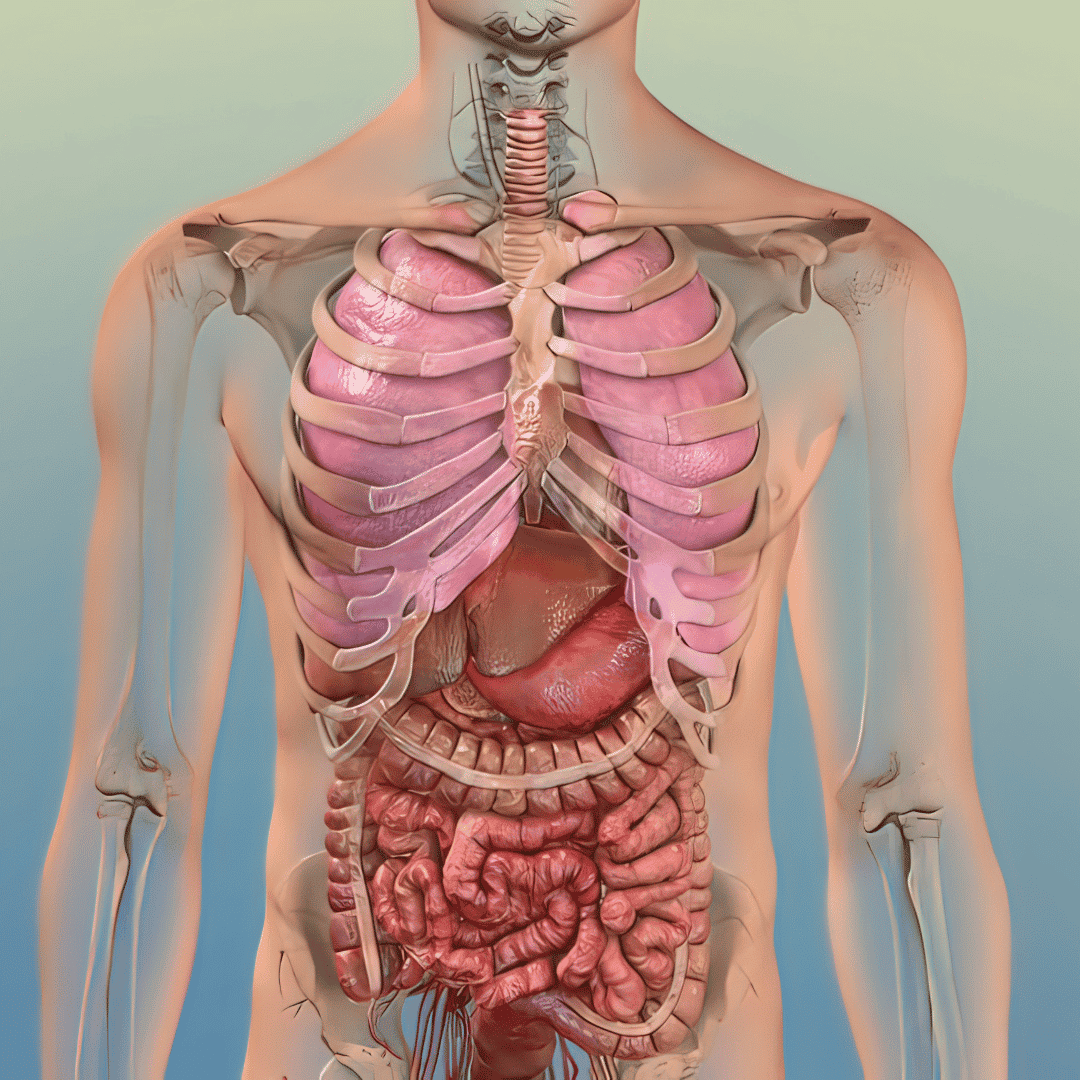

.png)




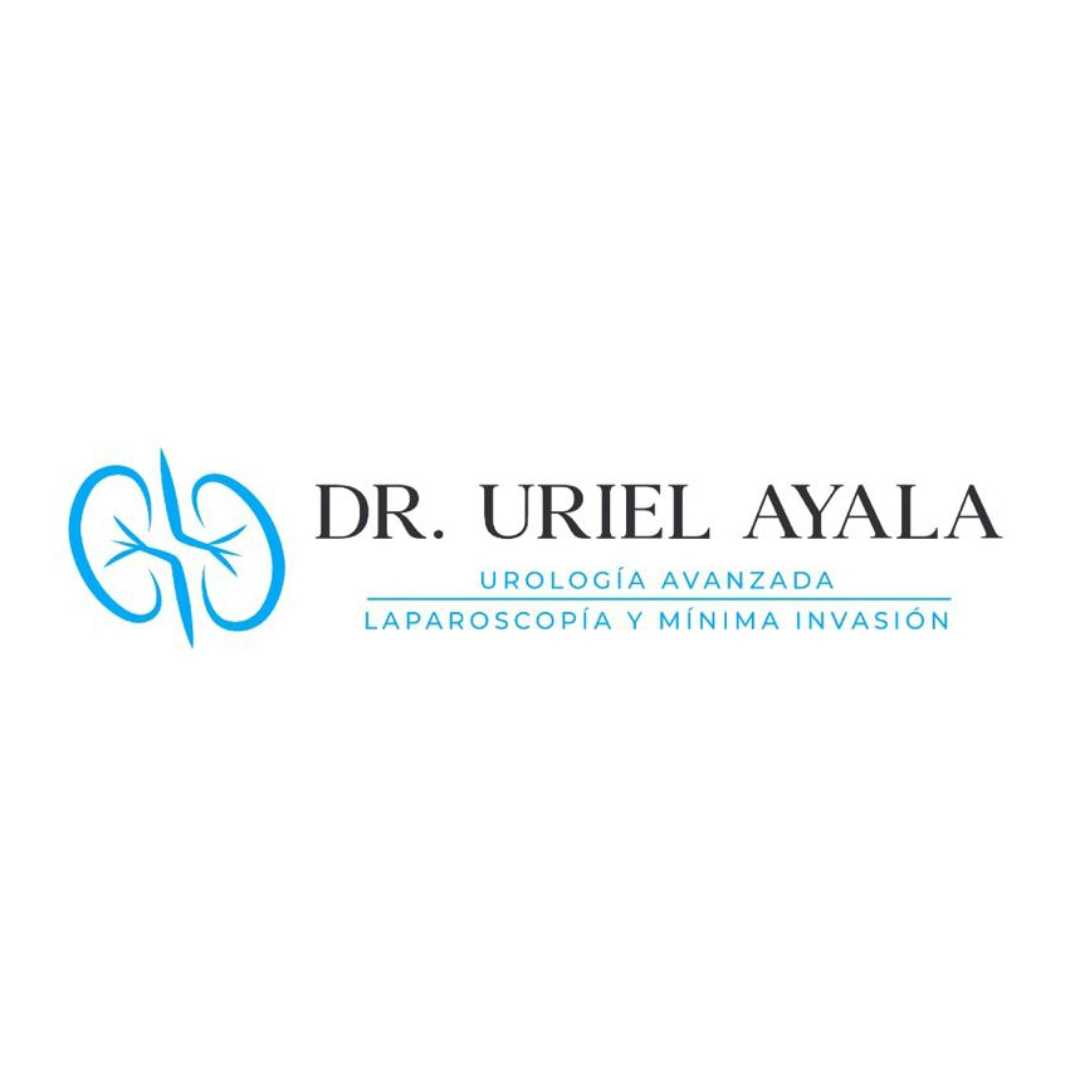

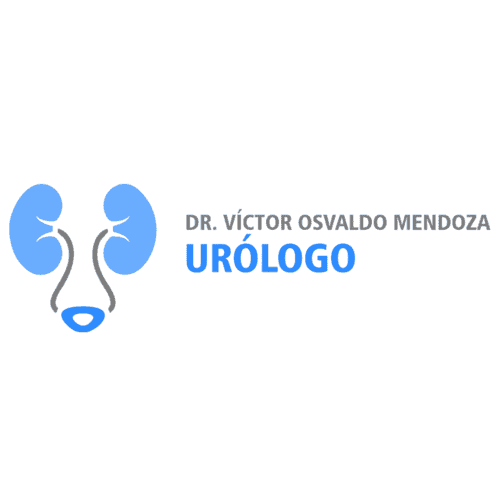


Share this listing